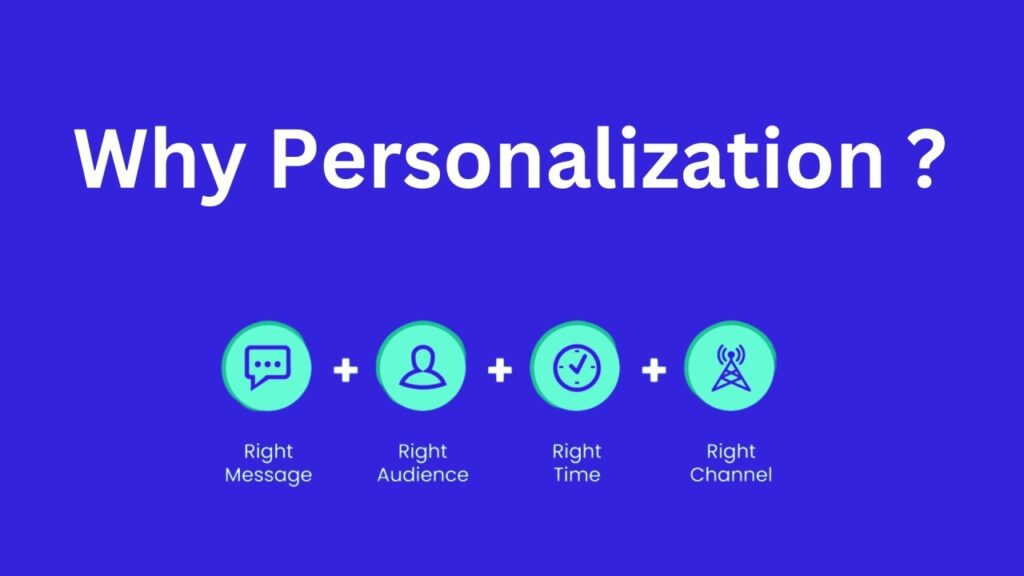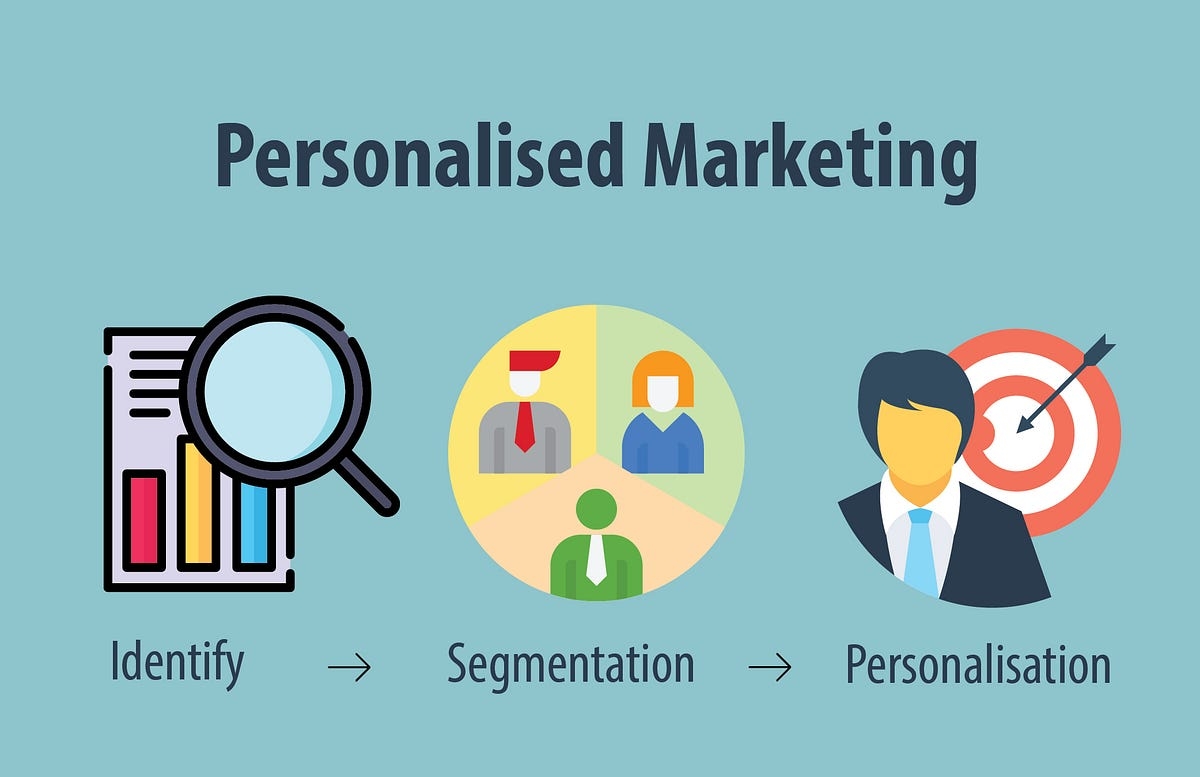In today’s digital landscape, businesses must go beyond generic marketing strategies to capture their audience’s attention. Why Personalization is Key to Digital Marketing Success is a crucial question for marketers seeking higher engagement, better conversions, and improved customer relationships. Personalization allows brands to create tailored experiences that resonate with individual customers, ultimately leading to greater loyalty and revenue growth.

Understanding Personalization in Digital Marketing
Personalization in digital marketing involves using data, insights, and AI-driven technologies to craft unique customer experiences. Instead of delivering one-size-fits-all messages, businesses can now customize their marketing campaigns based on user preferences, behavior, and demographics. Why Personalization is Key to Digital Marketing Success lies in the ability to engage audiences with relevant and timely content.
The Benefits of Personalization in Digital Marketing
1. Increased Customer Engagement
Personalized content is more likely to capture attention and keep customers engaged. Emails, ads, and website experiences tailored to user preferences result in higher click-through rates and lower bounce rates.
2. Improved Conversion Rates
When customers receive personalized recommendations, they are more likely to make a purchase. E-commerce platforms, for example, utilize AI-driven product recommendations to enhance the shopping experience, proving Why Personalization is Key to Digital Marketing Success.
3. Strengthened Customer Loyalty
Customers feel valued when brands recognize their needs. Personalization fosters a stronger connection between businesses and their audiences, encouraging repeat purchases and long-term relationships.
4. Better ROI on Marketing Campaigns
Marketing campaigns that leverage personalization often deliver a higher return on investment (ROI). Businesses can optimize their ad spend and reduce wasted resources by targeting specific customer segments.
5. Enhanced Customer Experience
From personalized emails to dynamic website content, tailored experiences improve the overall customer journey. Why Personalization is Key to Digital Marketing Success is evident in how well businesses can cater to individual preferences and expectations.
Strategies to Implement Personalization in Digital Marketing
1. Collect and Analyze Customer Data
Gather data from various touchpoints such as website interactions, purchase history, and social media behavior. Use analytics tools to understand customer preferences and create personalized marketing strategies.
2. Segment Your Audience
Divide your audience into smaller groups based on demographics, behavior, and interests. This segmentation enables targeted messaging and content that resonates with specific customer segments.
3. Utilize AI and Automation
AI-powered tools help automate personalization efforts, from chatbots offering tailored responses to dynamic product recommendations on e-commerce sites. Why Personalization is Key to Digital Marketing Success is demonstrated through AI-driven strategies that enhance customer engagement.
4. Personalize Email Marketing Campaigns
Emails with personalized subject lines, product recommendations, and tailored offers have a significantly higher open and conversion rate. Avoid generic messaging and focus on crafting unique email experiences for each recipient.
5. Leverage Behavioral Targeting
Monitor customer behavior on websites and digital platforms to deliver personalized ads, recommendations, and notifications. Behavioral targeting allows brands to reach customers with the right message at the right time.
6. Create Personalized Content
Content marketing plays a significant role in personalization. Develop blog posts, videos, and social media content that cater to specific audience segments. Why Personalization is Key to Digital Marketing Success is reflected in content that directly addresses user interests and pain points.
Challenges of Personalization in Digital Marketing
While personalization offers numerous benefits, it also comes with challenges:
- Data Privacy Concerns: Customers are increasingly aware of how their data is used. Brands must prioritize transparency and compliance with data protection regulations.
- Resource-Intensive Implementation: Personalization requires investment in AI tools, data analytics, and skilled personnel.
- Maintaining Relevance: Over-personalization can feel intrusive. Businesses must strike a balance between customization and respecting customer privacy.
Future of Personalization in Digital Marketing
As technology evolves, the future of digital marketing will continue to be shaped by personalization. Advancements in AI, machine learning, and predictive analytics will further refine how businesses interact with their customers. Why Personalization is Key to Digital Marketing Success will become even more apparent as brands find innovative ways to deliver hyper-personalized experiences.

Conclusion
Personalization is no longer a luxury but a necessity in digital marketing. From improved customer engagement to higher conversion rates, businesses that embrace personalization gain a competitive edge. Why Personalization is Key to Digital Marketing Success is evident in the ability to create meaningful, data-driven interactions that enhance customer satisfaction and brand loyalty. By leveraging personalization strategies, businesses can build stronger connections with their audience and drive long-term success in the digital space.
